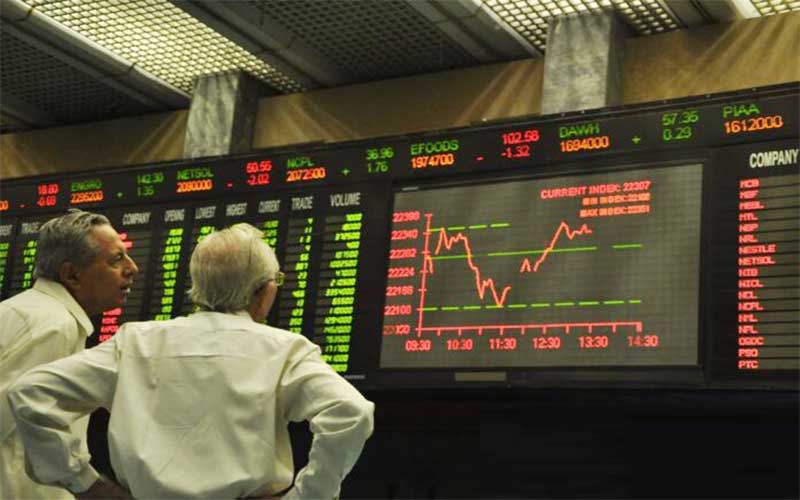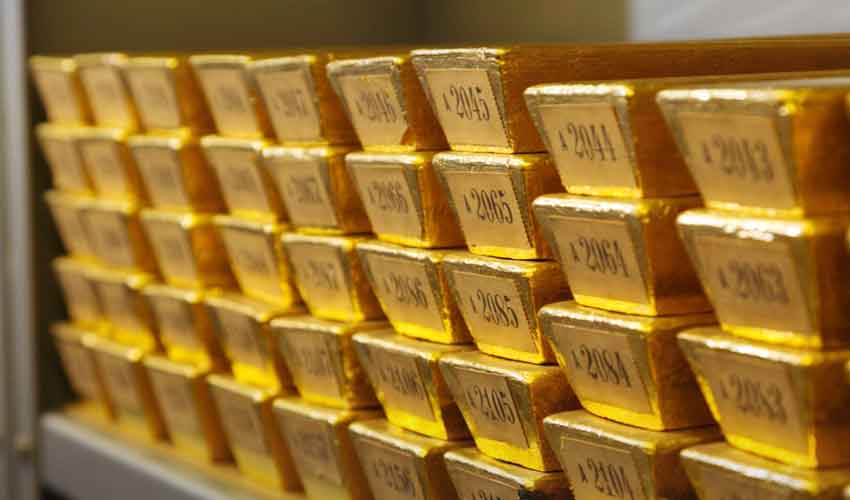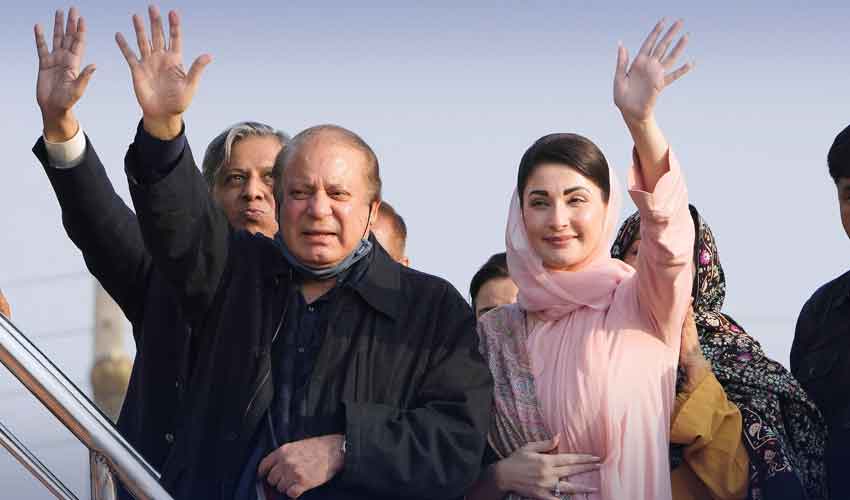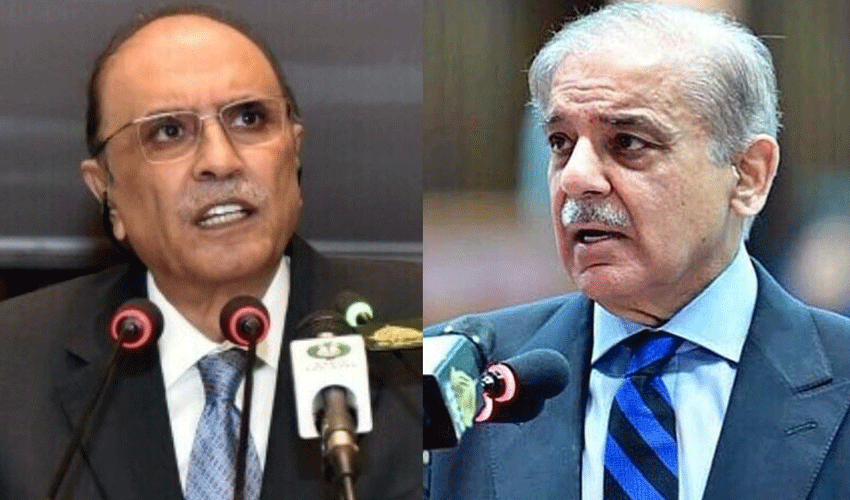The Pakistan Stock Exchange (PSX) has reached an unprecedented milestone, with the market crossing the 81,500-point mark for the first time in its history.
The bullish trend has shown a remarkable increase, propelling the KSE-100 Index up by 600 points to a new high of 81,700 points.
At the start of the trading day after a two-day break, the stock market exhibited a strong bullish trend. This upward momentum saw the stock market initially crossing the 81,500-point level, an all-time high for the PSX. The KSE-100 Index increased by 380 points at the start of trading, reaching 81,525 points.
Market analysts attribute this bullish trend to a combination of positive investor sentiment and favourable economic indicators. The surge in the stock market reflects growing confidence in the country's economic prospects and the performance of key sectors.
These positive trends occur despite the Asian Development Bank (ADB) forecasting high inflation in Pakistan for this year, according to its latest Asian Development Outlook report. While the inflation rate is anticipated to stay elevated, the report indicates a potential decrease in Pakistan's debt burden.
The ADB report highlights that Pakistan's economic growth rate was 2.4% in the last fiscal year, with agriculture playing a significant role in this growth. Despite the persistent inflation, the rate has decreased from 38% to 11.8%, leading to a reduction in the policy rate.
Moreover, Fitch Business Monitor International has raised concerns that Pakistan’s current political turmoil could disrupt the country’s economic stability.
In its latest Pakistan Country Risk Report, Fitch highlighted the critical state of Pakistan’s economic recovery, noting that urban protests have hampered economic activities.
The report emphasizes that the political climate remains precarious, with the founder of Pakistan Tehreek-e-Insaaf (PTI) likely to remain imprisoned despite several successful legal appeals.
This scenario points to a continued coalition government holding power for the next 18 months, with no immediate plans for fresh elections.
Also, the International Monetary Fund (IMF) said on Tuesday that Pakistan's economic growth rate for the ongoing fiscal year is projected to reach 3.5%. The IMF's updated global economic outlook report states that the government has set an economic growth target of 3.6% in the new budget.



























